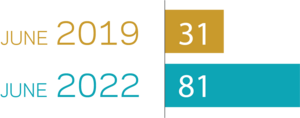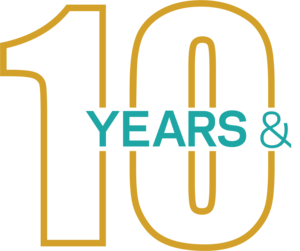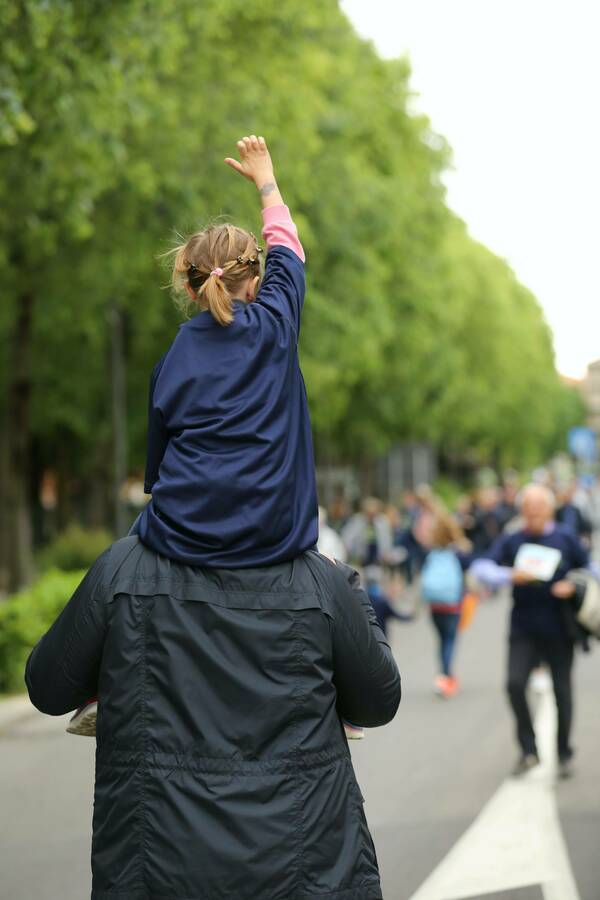Project Growth

$4,072,174
FY2022 EXPENSES
Progress in homelessness prevention
For the last several years, we’ve partnered with Santa Clara County (SCC) on multiple projects focused on reducing and preventing homelessness. The SCC Homelessness Prevention program provides emergency financial assistance (EFA) to families on the brink of homelessness. Research from our evaluation of the program indicates that EFA decreases the likelihood a recipient will need to enter a shelter and decreases the use of homelessness services over time, preventing a return to homelessness rather than just delaying it. These findings are especially relevant because they occurred in a county with high rates of homelessness and an expensive rental market. Our dissemination team is working with Santa Clara County to present these findings to a larger audience, including an event on campus this fall.

Transforming Evidence into Action
Our dissemination team focuses on making our evidence actionable and builds relationships with policymakers, nonprofits, local governments, and philanthropists. Our presence at the highest levels of policymaking continues to strengthen. Here’s a handful of the many exciting developments in our efforts to share our evidence with policymakers:
LEO is supporting efforts like the recently announced “Year of Evidence for Action” initiative of the Biden-Harris Administration. Launched at its first-ever White House Summit on Evidence for Action, the Administration will co-host a series of events with leading nonprofits and academic organizations to co-develop concrete strategies for mobilizing research-based evidence that can improve the lives of the American public.
In order to lay groundwork for future events and legislation, LEO’s team of Jill Pentamonti, Federal Relations Associate and LEO associate director of research operations, Rachel Fulcher-Dawson met with several policymakers in Washington, DC as well as key policy and advocacy organizations. The current focus of this work is on sharing more about what we know on homelessness prevention, foster care, senior companion programs and transit studies.
Stay tuned as LEO finds new ways to promote the power of using research and evidence to fight poverty through informed policymaking.

Creating causal evidence aimed at reducing poverty
- 81 high-quality active and completed projects
- 23 academic papers published or accepted for publication
- 22 states and 48 communities across the country partnering with LEO through active and completed projects
- 67 faculty affiliates—10 of whom are leading LEO research projects as principal investigator
Partnership with innovative poverty fighters
- 5 partners with more than one LEO research project
- 71 partners are creating evidence with LEO

Presentations, panels, and philanthropy
More presentations than we can count—sharing the LEO story and our research with service providers, philanthropists, policymakers, and other poverty-fighters. Here’s a few of the recent hits!
Four of LEO’s staff and faculty members presented at the University of Notre Dame’s Celebration of 50 Years of Undergraduate Women at Our Lady’s University. LEO speakers included associate director of administration, Katie Kuka, director of research advancement, federal relations, Jill Pentimonti, assistant research professor of economics, Mary Kate Batistich, and research associate, Catherine Lawlor. All Notre Dame grads, they spoke to an audience of Notre Dame benefactors about LEO’s work to partner with front line service providers in the fight against domestic poverty. Attendees have since reached out to LEO regarding potential provider partnerships—a perfect example of the types of opportunities that LEO is actively pursuing to get our discoveries in front of the philanthropic community.
LEO managing director Heather Reynolds was part of a speaker panel at the American Compass education policy workshop, Beyond College-for-All. Attendees included stakeholders interested in education policy and using evidence to better inform education programming and funding decisions.
Also in the college completion area, LEO associate director of research operations, Rachel Fulcher-Dawson, presented early findings from her paper on the replication of evidence based college access and completion programs with our research partners at The Institute for College Access & Student Success (TICAS) during the 5th convening of service providers across the country that offer Comprehensive Approaches to Student Success (CASS). Solving for how replication can be done more successfully has implications that go beyond college completion. Read more about lessons learned in replication here.